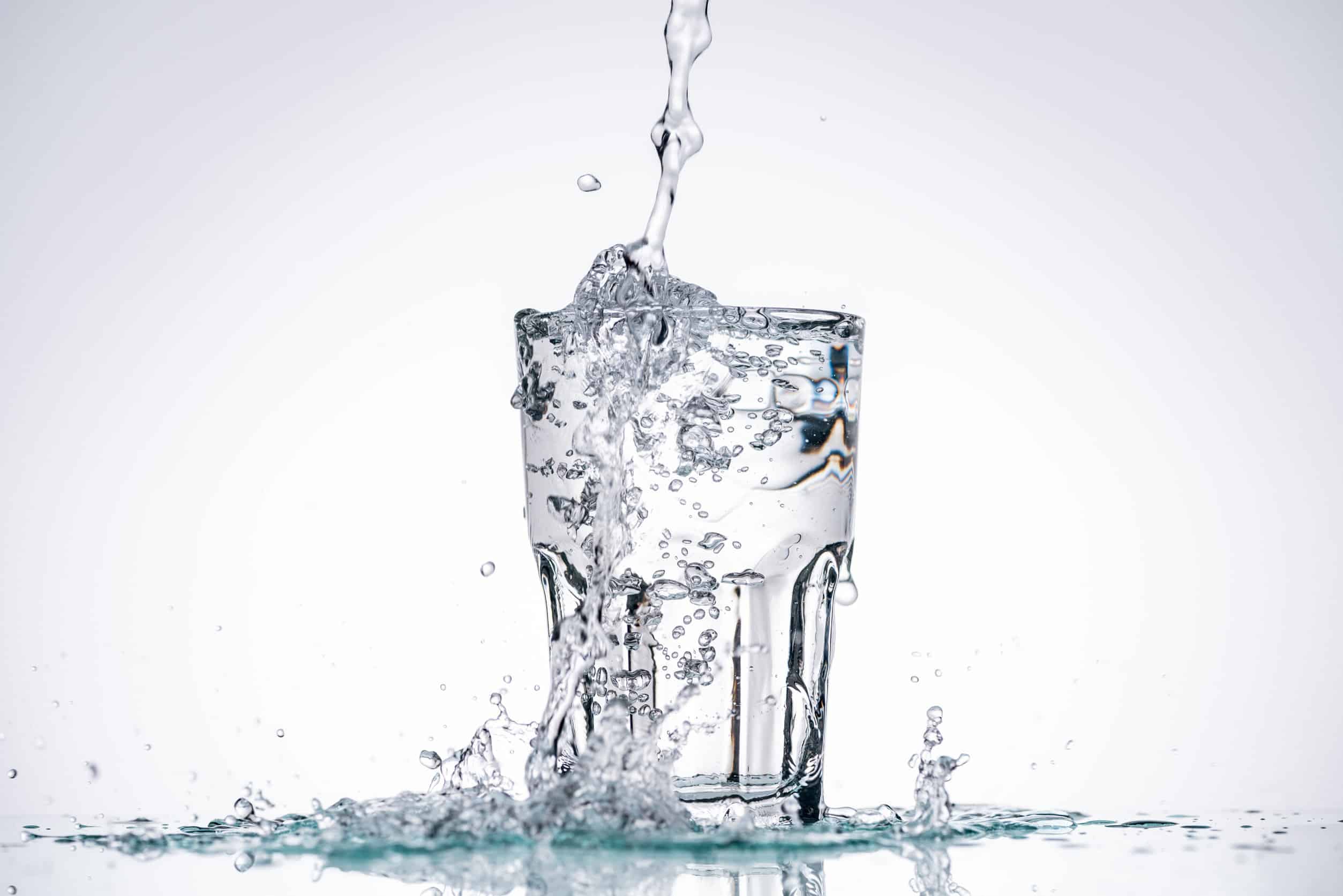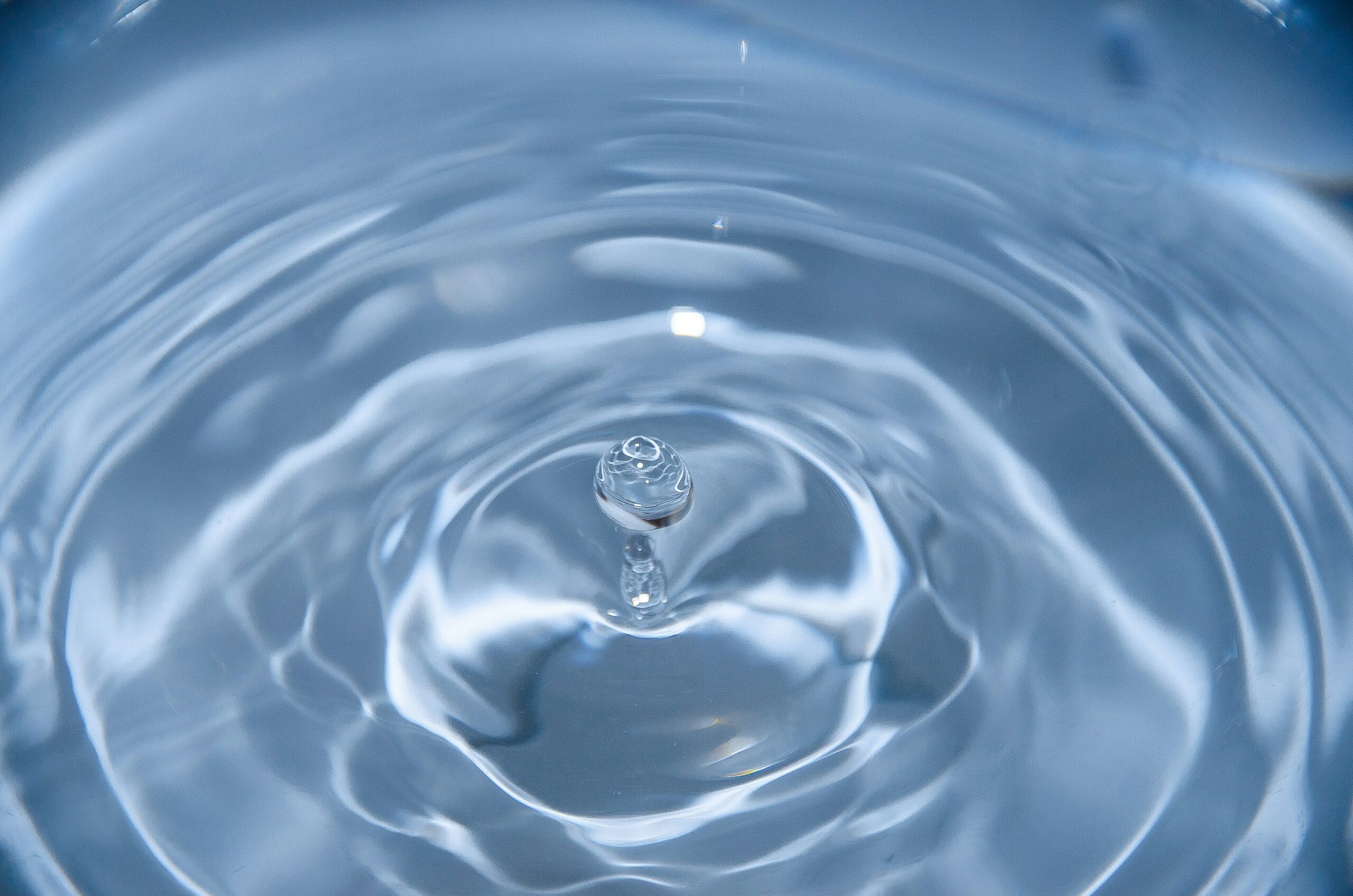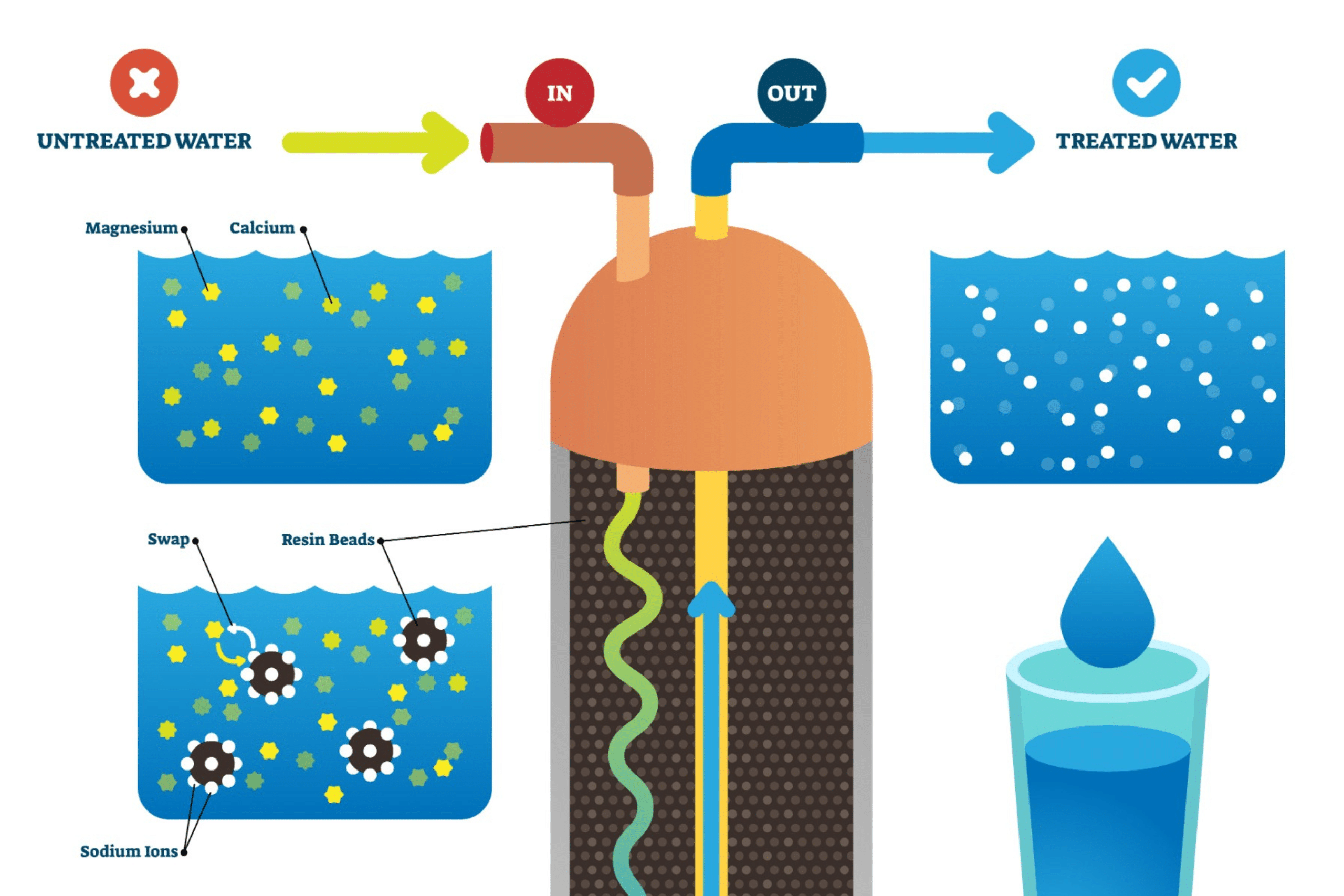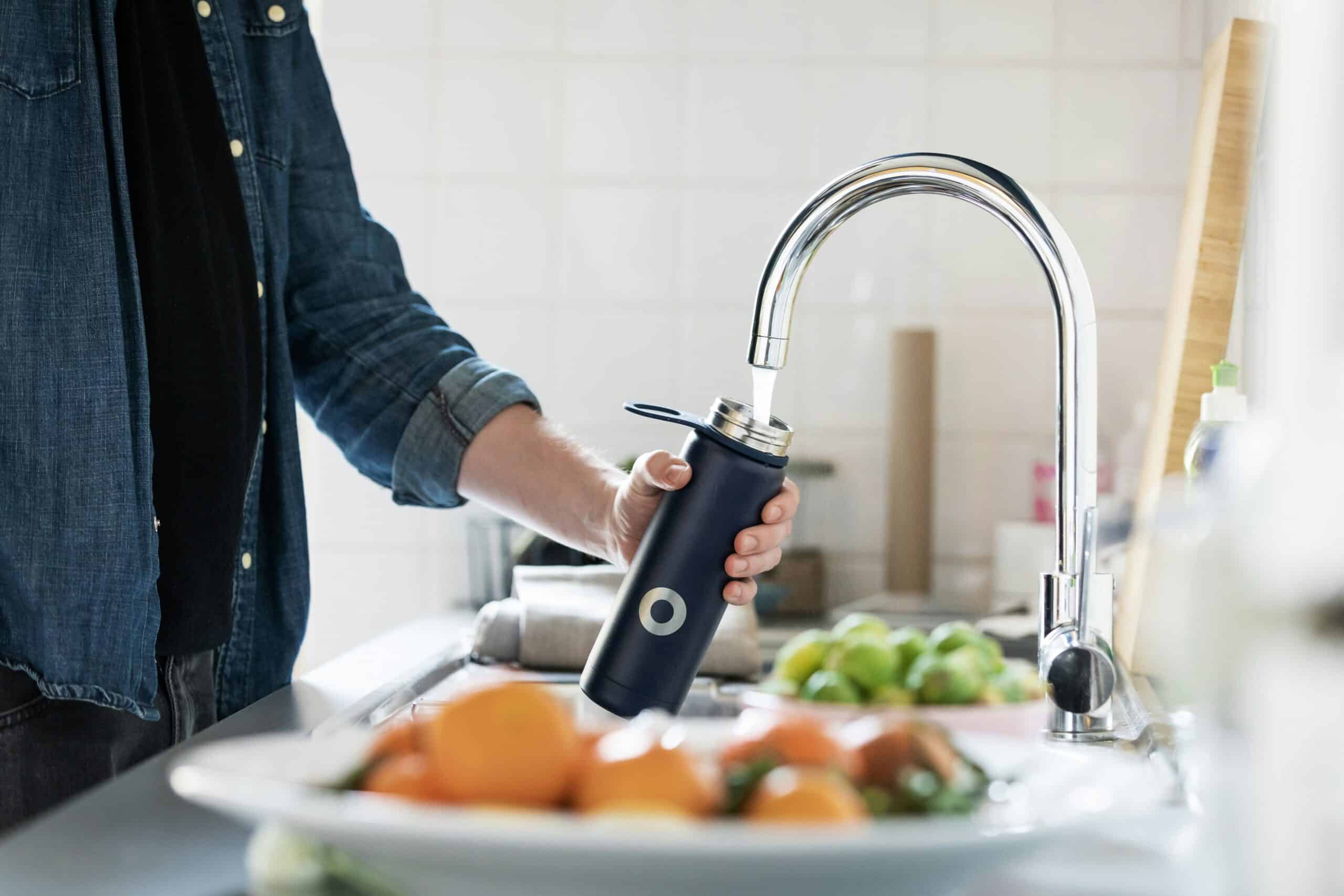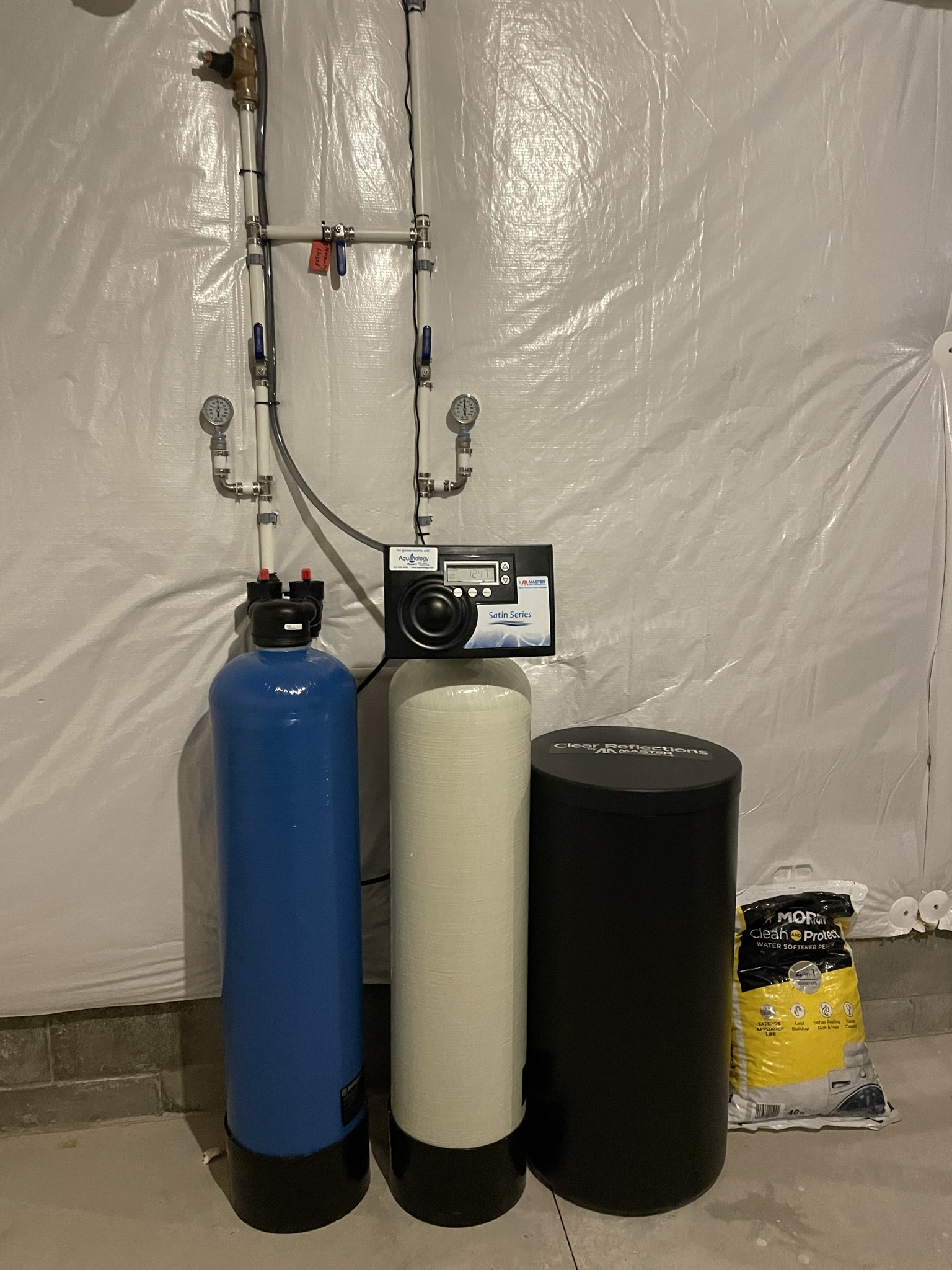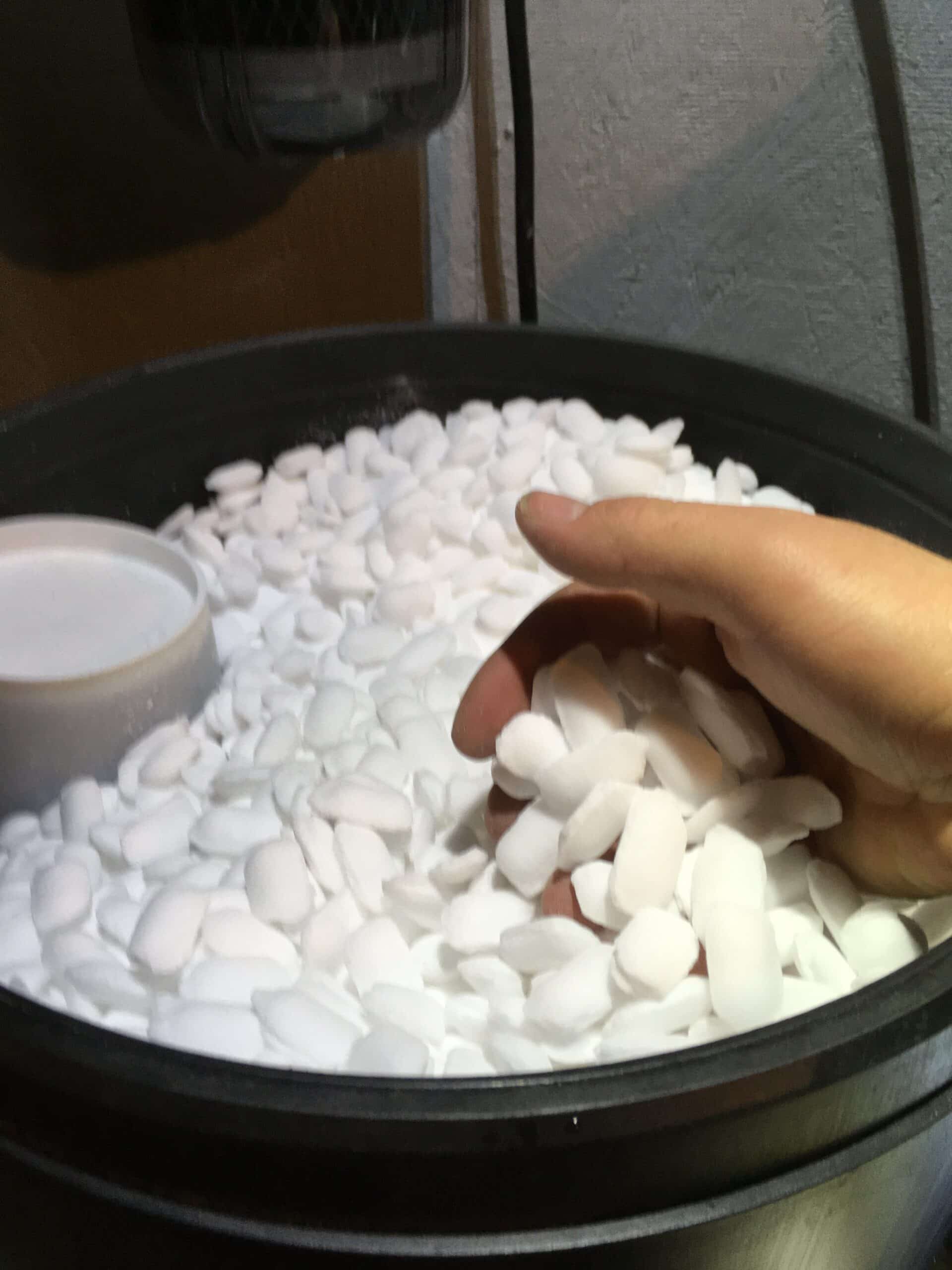Answers to Frequently Asked Questions
The safety of softened water is a concern frequently raised by homeowners. While its benefits for appliances and plumbing are well-established, questions surround its suitability for consumption. We often get the question “Is softened water safe to drink?” when we are speaking to homeowners who are embarking on a journey to improve their water quality. This blog delves into the key questions regarding softened water’s potability, addressing concerns about sodium content, potential health complications, and taste variations. By examining the underlying scientific principles and exploring alternative solutions, we aim to provide a comprehensive and authoritative resource for navigating the complexities of softened water and optimizing your household’s water quality.
Does a softener make my water taste salty?
A correctly functioning water softener should not make your water salty. Water softening uses ion exchange to remove hardness ions of calcium and magnesium from the water. After the softener, your water has, instead, ions of sodium.
Remember, what we know as salt is actually sodium chloride. A softener only releases the sodium portion of the salt into the water stream. This is the reason that softened water doesn’t taste salty, even though the softener uses salt.
Is softened water safe to drink since it’s high in sodium?
This is a common question and a valid one. In our culture, it becomes even more important, since sodium is sooner taken in too high amounts than not enough.
A bit of simple math soon tells us our sodium intake from our water.
If your water was analyzed for sodium levels, the test results are often given as parts per million. This is also equal to milligrams per liter. Let’s say in this simulation, your water supply tested 17 mg/l of sodium. Now, let’s suggest that your water hardness level was 24 grains. For every grain of hardness removed, the water softening process will exchange it for 7.86 mg/l of sodium. So 24 x 7.86 = 189 mg/l (rounded) of total added sodium is added as a result of the water softener. Adding the two numbers gives us a total of 206 mg of sodium per liter of water. Between 1 – 2 liters is accepted as normal for daily water consumption. At 2 liters, this would total around 400 mg of sodium per day.
The FDA recommends 2300 mg of daily sodium intake. As you can see, the amount of sodium obtained by drinking softened water is safe to drink because it is fairly insignificant. However, if your hardness were higher, remember that this would translate into more added sodium after the softener. In more extreme cases, water hardness may be above 50 grains, which soon elevates your sodium intake from such water toward the 1000 mg per day range.
As a side note, some people may be on sodium-restricted diets due to health issues. In all cases, if you are unsure, please ask your trusted health professional for direct guidance in your unique situation.
My softened water tastes funny. Why’s that?
Softened water will have a different texture. This is due to the chemistry change compared to hard water. While some people prefer the texture of soft water, others say softened water tastes different when compared to the hard water they were used to:
- Flat: Softened water often feels thinner and less satisfying than mineral-rich water. This is because minerals contribute to the water’s body and texture. Think of it like comparing skim milk to whole milk – the minerals play the role of the fat, adding weight and texture.
- Bitter: Almost all water softeners replace the calcium and magnesium in the water with sodium. In most cases, this amount of sodium is minimal and poses no problem. However, when water is extremely hard, that means more sodium is added, which could make the water bitter.
The mouthfeel and taste of softened water can also be affected by the removal of minerals. Here’s how:
- Mouthfeel: Calcium and magnesium contribute to “mouth lubricity,” the feeling of smoothness and wetness. Losing these minerals can make the water feel slippery or sticky, contributing to that “slimy” sensation.
- Taste receptors: Taste buds work by detecting dissolved chemicals interacting with specific receptors. Minerals like calcium and magnesium stimulate certain receptors, contributing to the overall taste profile. Their absence leaves a “gap” in the taste experience, often perceived as flat or lacking depth.
If you are looking for a drinking water option to improve taste so you don’t need to put up with the drawbacks of unsoftened water, read more below.
Are there good alternatives to drinking softened water?
Great news, the answer is yes! Installing a small Reverse Osmosis (RO) system for drinking water is one of the most common solutions. Typical drinking water RO systems have a TDS (total dissolved solids) rejection rate of 90-95%. This means that not only your sodium level is reduced, but many other dissolved contaminants are reduced by these systems. This includes lead, nitrates, etc.
The RO is a method of choice for several reasons. Again, water safety is increased through the removal of contaminants. Also, the taste factor is huge. Few people who become accustomed to drinking RO water wish to go away from it.
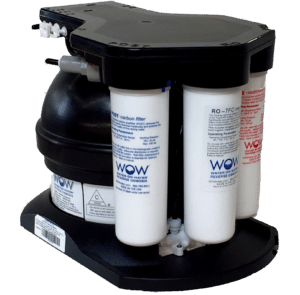
Is my water safer after it has been softened?
Keep In mind that water softeners do nothing to remove bacteria or other harmful microbial substances from water sources. They are designed strictly for removing water hardness, which is more related to water serviceability, rather than safety.
Neither are softeners designed to treat for nitrates, lead, and other mineral contaminants. If you are concerned about your water safety, ask a water specialist for a water test and/or treatment recommendation.
Conclusion
Again, this blog is intended to only be a general guide. If you have health concerns, contact your physician. If you are questioning your current water source or how your water softener system works, contact your local water treatment specialist. Many companies offer free water testing and/or consultations, from which you may gain valuable insight, tips, and advice. And as always, at Aquanology, we are here to help with your water quality challenges. Reach out to us today.
Phone: 315-856-0483

